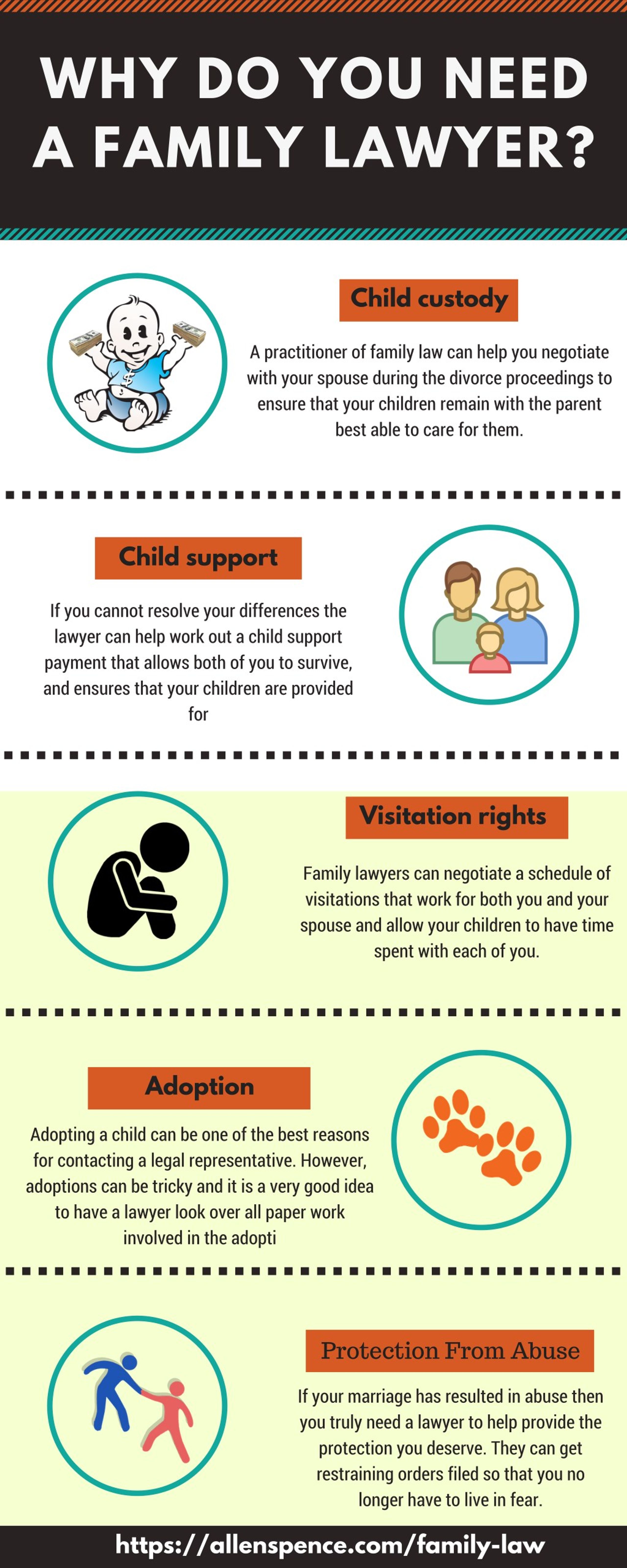More About Brian D. Perskin
Table of ContentsThe smart Trick of Brian D. Perskin That Nobody is DiscussingThe smart Trick of Brian D. Perskin That Nobody is DiscussingWhat Does Brian D. Perskin Do?How Brian D. Perskin can Save You Time, Stress, and Money.
More child support may make the difference in a special-needs child having better support. 4. Brian D. Perskin. When negotiating over property division and alimony, we often face a zero-sum equation. The more money our clients receives, the less need the children may face. Often, there isn’t enough money to go around. 5.There is never enough time. Our profession, and our experience in it, both losing and winning, makes us more prepared to help our next client. No one is the perfect lawyer. We get better because we choose to. We work as hard as we can because it is a calling.
If you end up make a comfortable living, be sure to give back with your time and money. Do your best to leave the profession better than when you found it. I hope you love family law as much as I do.

The 6-Minute Rule for Brian D. Perskin
Evening seminars and socializing events within the law firm might mean the lawyer goes home later, according to the Legal Jobs Board. Clients, In a typical day, the family lawyer will spend a large amount of time communicating with clients. Brian D. Perskin. These include clients whose cases are ongoing, as the lawyer will want to discuss the outcome of hearings and each client’s next move.
Consultations, Many family lawyers work within a team at their practice. On a typical day, they might lunch with colleagues or discuss case matters with them. The lawyer might also correspond with other experts in her field from outside her practice to receive input on especially complex cases Office Work, Much of the family lawyer’s day may be spent in the office, where he will divide his time between the routine answering and checking of correspondence—in the forms of emails and frequently long letters from clients and other lawyers—and the organization and drafting of work.
In addition, the lawyer may spend a few hours researching parts of a specific case to pull together the arguments to be made in court. Court, On many days, the family lawyer will have to attend court to argue her client’s case before a judge. Before appearing, the lawyer will have thoroughly prepared and outlined what she plans to say.
Occasionally, a lawyer may wait in court only to find that the hearing is to be moved to a different day, as Paul Daniel Marks, a family lawyer, notes on his blog.
Indicators on Brian D. Perskin You Should Know

This page is provided as a public service by the ABA Section of Family Law. Nothing in this site should be construed as legal information, legal advice or legal representation. Divorce laws vary from state to state. Our answers reflect the laws applied in most redirected here states. We make no warranties to the accuracy of information contained herein.
You may also wish to visit our Family Law in the 50 States tables for more specific information. I am getting divorced. Do I need an attorney? It ordinarily is a good idea to consult with a lawyer about major life events or changes, such as a divorce. S/he will protect your rights, as well as the rights of your children.
How can I find an attorney? One of the best ways to find an attorney is via referral from other family members, friends, colleagues or professionals (i. Brian D. Perskin. e., accountant, therapist, clergy). For a list of state and local bar association referral programs, see for Going Here more information and resources. What are the legal grounds for obtaining a divorce? The grounds for divorce depend on the state, and may be based on no-fault or fault.
A no-fault divorce is one in which neither the husband nor the wife officially blames the other for the breakdown of the marriage. Common bases for no-fault divorce are "irreconcilable differences," "irretrievable breakdown" or "incompatibility." Another common basis for no-fault divorce is that the parties have lived separately for a certain period of time (varies from state to state) with the intent that the separation be permanent.
How Brian D. Perskin can Save You Time, Stress, and Money.
